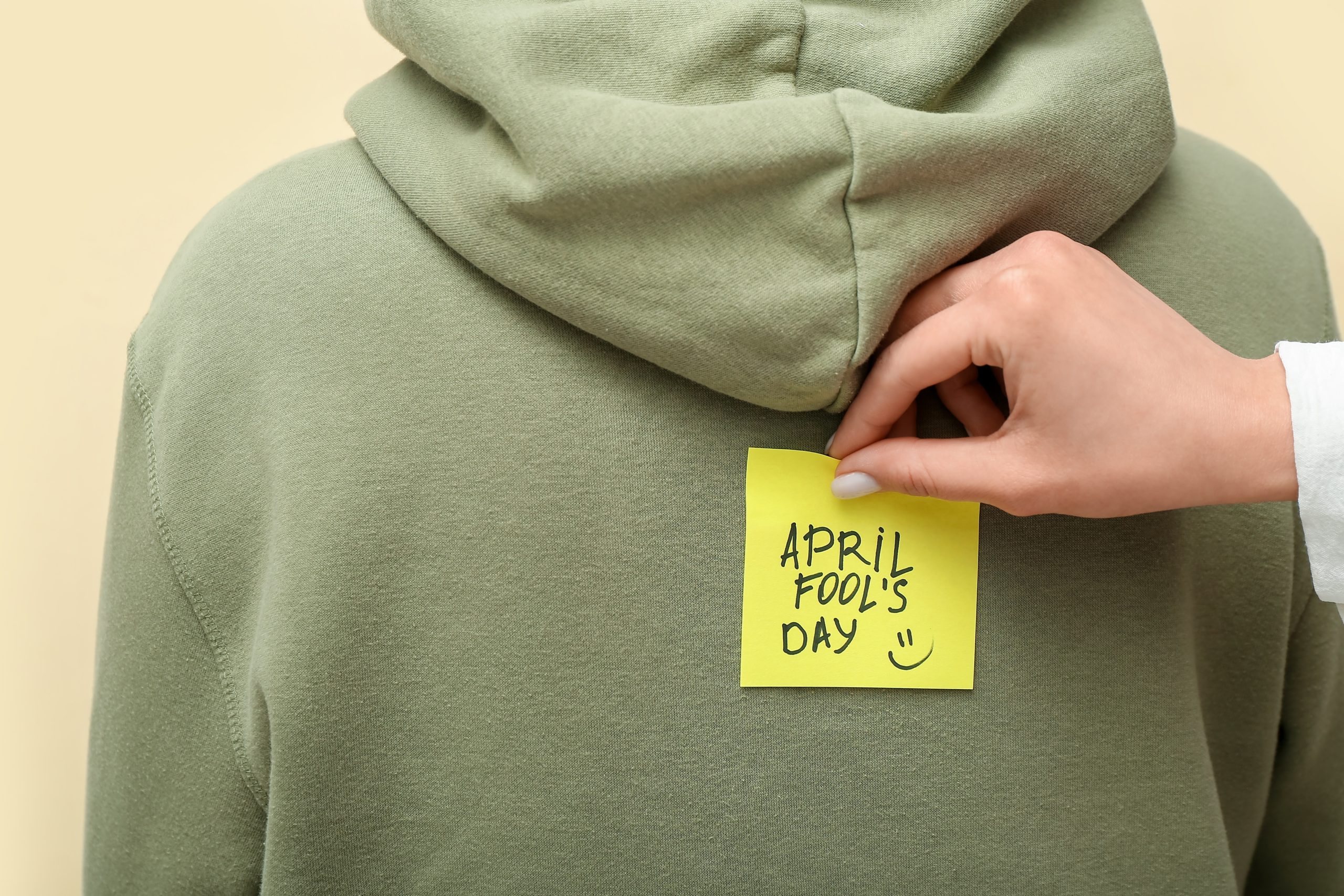Tuesday marks April Fools’ Day, an annual tradition observed on April 1 with pranks and hoaxes. While its exact origins remain uncertain, various theories attempt to trace the beginnings of this long-standing custom.
Theories on Its Origins
One theory suggests that April Fools’ Day dates back to the Middle Ages, when many European towns celebrated New Year’s Day on March 25, with festivities culminating on April 1. When the Gregorian calendar was introduced, shifting New Year’s Day to January 1, those who continued celebrating on the old date became targets of mockery, possibly giving rise to the tradition of playing pranks.
A literary reference to April Fools’ Day appears in a 1561 poem by Flemish poet Eduard de Dene, which describes a nobleman sending his servant on absurd errands on April 1, suggesting that the custom was already established by that time.
The term “poisson d’avril” (April fish), a reference to April Fools’ Day in France, first appeared in 1508 in the works of poet Eloy d’Amerval, indicating that the tradition may have existed in French culture for centuries. Even today, the association with fish remains a distinctive element of French April Fools’ traditions.
April Fools’ Day Through the Centuries
By the 18th century, April Fools’ Day had gained popularity in Britain. In 1749, London newspapers reported a now-infamous hoax involving a showman who claimed he could fit his entire body into a wine bottle. The prank sparked public anticipation, only for spectators to be left disappointed when the performer failed to appear.
Over time, the tradition evolved beyond practical jokes among individuals to include elaborate media hoaxes. One of the most famous examples occurred in 1977, when The Guardian published a seven-page supplement about the fictional island nation of San Serriffe, complete with maps and descriptions, fooling many readers.
Modern-Day April Fools’ Pranks
In recent decades, corporations and tech companies have embraced April Fools’ Day as an opportunity for playful deception. From 2000 to 2019, Google became known for its annual April 1st pranks, introducing fictitious products such as “Google Gulp” and “Google Nose.” However, the company paused its tradition in 2020 due to the COVID-19 pandemic and has yet to resume it.
The Spirit of April 1st
April Fools’ Day invites us to embrace life’s unpredictability, revel in the absurd, and find joy in the playful subversion of expectations. It serves as a reminder that humor, although fleeting, has the power to unite us through shared moments of surprise.
So, whether you’re planning a harmless prank or simply enjoying the spectacle, beware of the tricks and hoaxes that come with the day—because no one is safe from a good April Fools’ joke!



